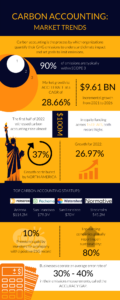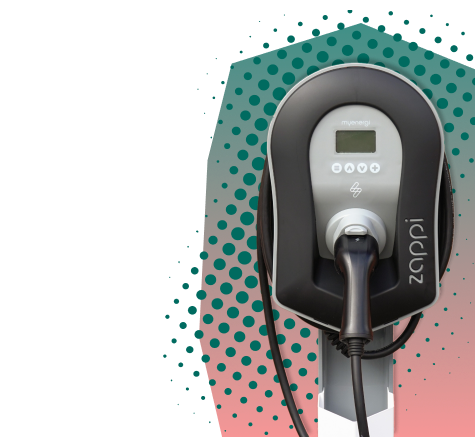Getting Smart About Your Carbon Emissions
Carbon accounting is a way to quantify and comprehend how your company contributes to climate change. Consider it this way: it is the math that translates business activities into emissions measurements over time. Also known as emissions accounting, greenhouse gas accounting, greenhouse gas inventory, carbon footprint, carbon or greenhouse gas (GHG) inventory, emissions inventory, or carbon management, these terms all effectively refer to the same thing: measuring your CO2e.
But what is CO2e? Because there are an untold number of greenhouse gasses, some of which are produced and some of which are naturally occurring, CO2e is a technique to standardise each gas’s warming effect based on their propensity to cause global warming (GWP). For example, one metric ton (MT) of methane has a warming effect that is 29.8 times greater than that of CO2 over the same time period, making it equivalent to 29.8 MT of CO2 (CO2e).
Why Is Carbon Accounting Important?
The saying “what gets measured gets managed” is particularly true for carbon and GHG emissions. And according to the most recent IPCC reports, we urgently need to control our carbon footprint to save the earth.
In addition to mitigating the effects of climate change, measuring and reducing emissions is also good for business. With widespread stakeholder demand, it has become a given for almost every industry. Customers want items that are greener and more ethical, as well as investors placing monetary value on portfolio-wide sustainable ESG performance. When analysing work chances, employees say that sustainability and climate action are important factors to take into account. Additionally, all publicly traded corporations will be forced to publish their emissions under the most recent SEC proposed regulations.
With its importance only prevailing as the climate crisis persists, the market is seeing tremendous attention from investors and consumers. We expect to see an explosion of companies calculating their emissions in the next one to five years, as regulations tighten. As a GreenTech founder or employee, to stay ahead of the curve and meet ongoing laws, we have consolidated all the information you need to know about carbon accounting in the below infographic.
Interested? Take a look below!












